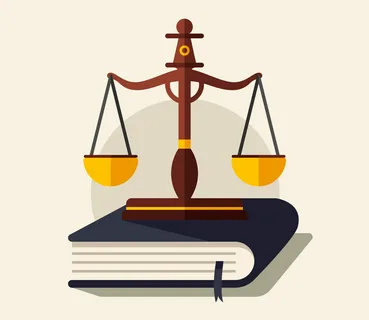The legal system here in the United States is not always the easiest to understand. Trying to navigate it on our own can be nigh impossible really, without the right tools to help guide us through the process. Where can we access such tools, though, and what sorts of things should we know about for our everyday lives?
Employment law might not seem to come up often, but when it does, it can be difficult to handle. After all, if you are experiencing something potentially traumatic like discrimination, harassment, or even whistleblower retaliation, it is easy to feel intimidated into doing nothing about it. That is why I am writing this article today.
Understanding Employment Law
This is where I will start, considering I think it is a good idea to learn a bit more before seeking out a lawyer. You could utilize a resource like this one, https://webapps.dol.gov/elaws/elg/, to begin the process of figuring out what this all means. When we boil it down, though, it is rather simple.
These types of laws are in place to protect workers (and in some cases, employers). The focus is on the former, though, and ensuring that they feel safe and respected in their place of work. So, many of the cases handled involve harassment or discrimination of some variety.
In Orange County, even if this does not seem all that common, it is still good to keep it in mind. That is because sometimes, we do not even realize it is happening right under our noses. That is part of what makes cultivating safe spaces so important, after all.
When people do not feel comfortable reporting incidents that they witness or that they experience, even when it involves a legal violation of some sort, it promotes this sort of behavior. Perpetrators believe they can get away with it. Education is critical to help prevent this.
Next Steps
If you are experiencing this or have witnessed this happen, is there something that you should do? This is a question that weighs heavily on many of our minds. One potential option is to contact an employment lawyer Orange County lists, though of course, there are other things that you could do as well. Let me explain.
Once you have armed yourself with some background knowledge on the subject, you could attempt to confront the perpetrator yourself depending on the circumstances. For serious offenses, you should most likely contact the authorities and make an official report. However, when it comes to harassment situations like microaggressions, sometimes the people responsible are not entirely aware of what they are doing.
Employers should be providing training about what harassment is and what sort of behaviors should not be tolerated. In fact, in California, it is required by law to do this. That can help you in a case, should something happens, so do not forget it. So, often, the responsible party has little excuse for their behavior. Still, sometimes it is okay to extend an olive branch and attempt to work things out.
It is shocking to learn how many people do not have a full understanding of what microaggression is, in particular. There might be articles out there such as this one that detail it, but many workers and employers remain ignorant to it (or choose to do so, in more malicious cases). A first step could be to attempt to teach them why what they are doing is wrong.
If that does not work, though, there is no shame in getting lawyers involved. If you are undergoing circumstances at your job that you should not have to deal with, that are prohibited legally, you could have a case on your hands. You could try talking to a lawyer to see if you can pursue it.
Even if not, it is still good to have these sorts of incidents documented. Remember, protections exist based on all sorts of things, such as race, gender, sexual orientation, religion, ethnic group, and more. Discrimination based on any of those things is not legal. With this knowledge on our side, hopefully, we can cultivate places of work that are more welcoming and do not require intervention.











